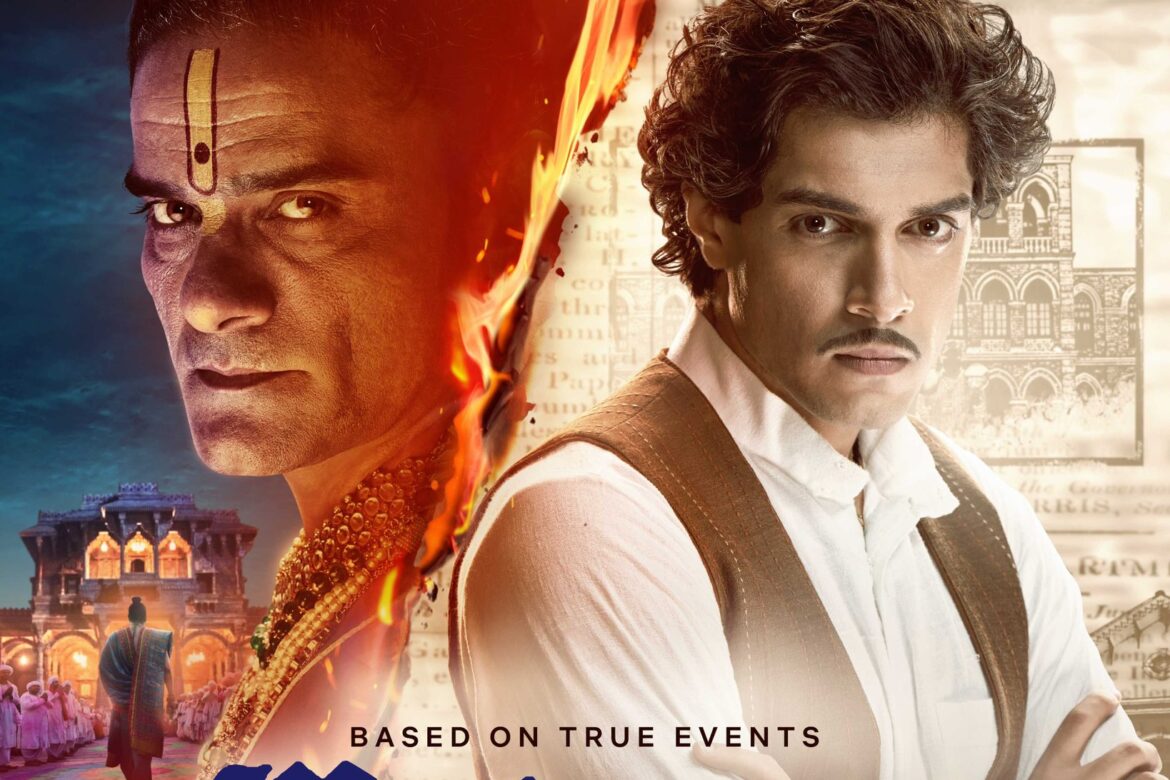Gujarat HC Allows Netflix to Release ‘Maharaj’, Says It Doesn’t Hurt Sentiments

The Gujarat High Court has lifted its temporary stay on Netflix’s release of the film “Maharaj.” Justice Sangeeta K. Vishen determined that the film, based on the events surrounding the 1862 Maharaj Libel Case, does not target or harm the sentiments of any community. The court’s decision followed a viewing of the film, which had been challenged by a group of businessmen who claimed it could offend the Vaishnavite community. The film, starring Junaid Khan, had been certified by the Central Board for Film Certification.
The movie, initially set for release on June 14, was postponed after objections that it might insult the Vaishnavite community. The film is based on Saurabh Shah’s 2013 book about the landmark libel case filed by Vaishnavite figure Jadunathji against social reformer Karsandas Mulji for exposing sexual exploitation by the Maharaj in his magazine, The Satyaprakash.
Justice Vishen concluded that the petitioners’ claims of defamation and insult were unfounded, and emphasized the film’s focus on social reform rather than defamation. She highlighted that the film promotes the importance of the sect over any individual incident and that the 2013 book on which the film is based had not caused communal disharmony.
The court ruled that the freedom of expression cannot be curtailed based on mere presumptions, allowing Netflix to proceed with the film’s release.
The Story
Set in the pre-independence era, the film “Maharaj” follows the life of Gujarati journalist and social reformer Karsandas Mulji. As a young reformer, Mulji challenges superstition and blind faith by exposing religious leader Jadunathji Brijratanji Maharaj for sexually exploiting his female followers under the guise of religious practices. This exposure leads to the landmark 1862 libel case.
Review of Maharaj
“Maharaj” is a historical drama that recounts the events leading to the famed court case in British-era Bombay, rather than being a courtroom thriller. Mulji, a contemporary of Dadabhai Naoroji and a pioneering advocate for gender equality and social change, mirrors the spirit of today’s #MeToo movement. Director Siddharth Malhotra takes a sincere but somewhat outdated approach to honor Mulji’s legacy, with storytelling that feels overly traditional and slow-paced. The depiction of the historical era is inconsistent, likely due to the constraints of shooting during the pandemic.
The film’s strength lies in its fresh talent. Junaid Khan, making his debut, effectively portrays Mulji’s innocence and passion for change, despite occasional rough edges. Sharvari Wagh stands out with her vibrant performance, adding much-needed energy to the narrative. Shalini Pandey, though in a brief role, makes a significant impact.
The film’s notable shortfall is Jaideep Ahlawat’s underutilized talent as Jadunathji Brijratanji Maharaj. Despite his compelling appearance, his portrayal lacks the necessary intensity, feeling restrained and misguided.
Despite its flaws, the film remains relevant due to its strong performances and its critical stance against blind faith. Mulji’s fight for press freedom is particularly pertinent today, emphasizing that true change comes from reform and rehabilitation. “Maharaj” is an inspirational tale aiming to spark social awareness, though its storytelling could be more engaging.







